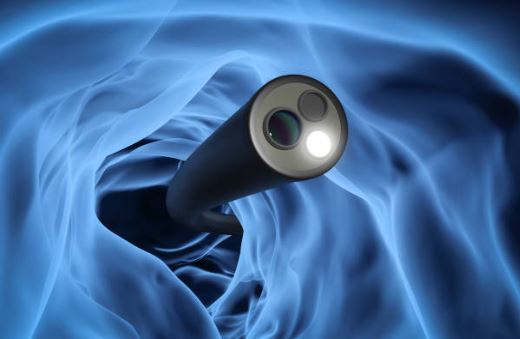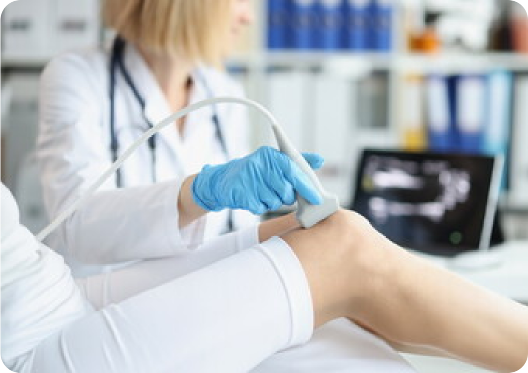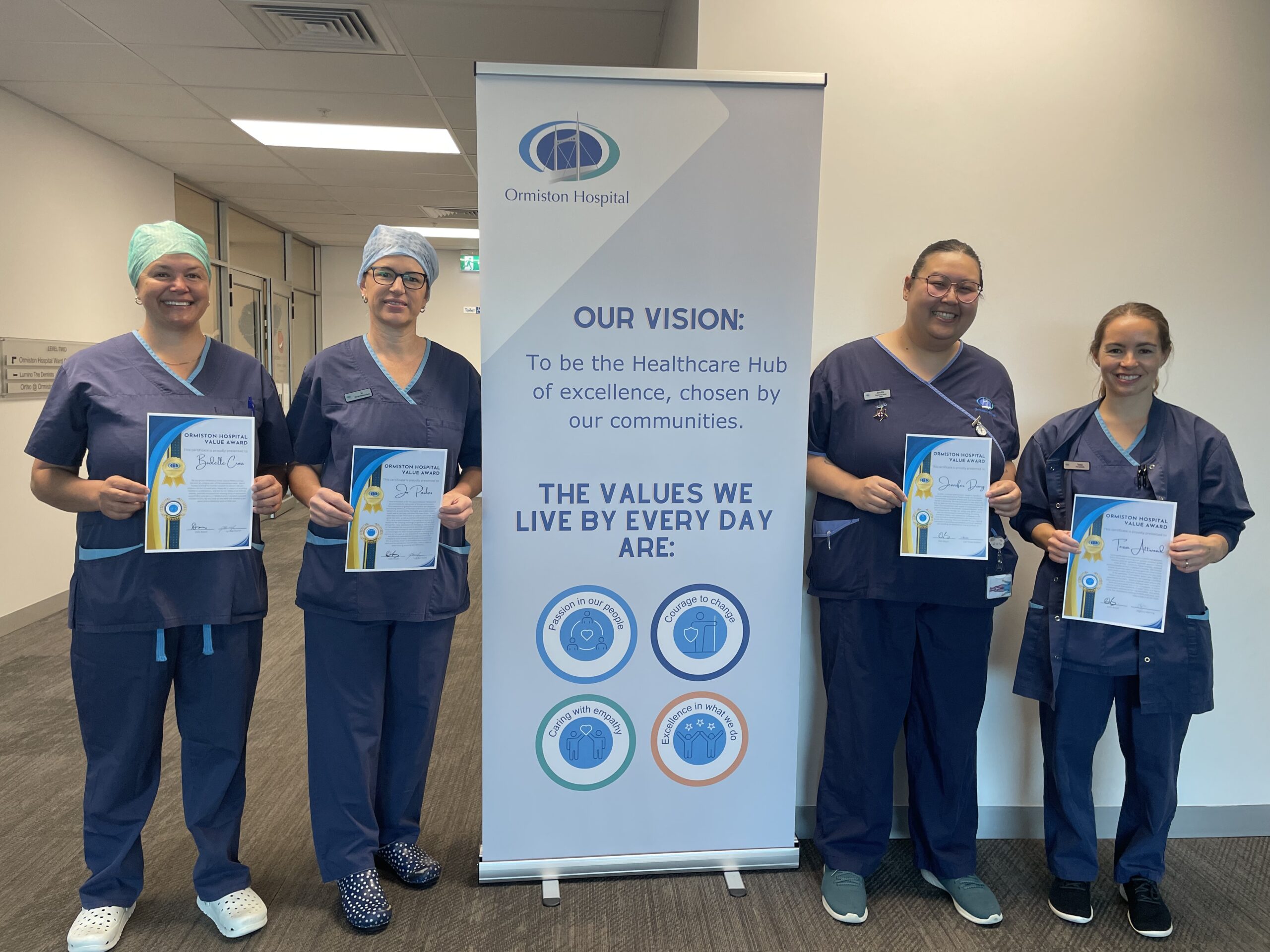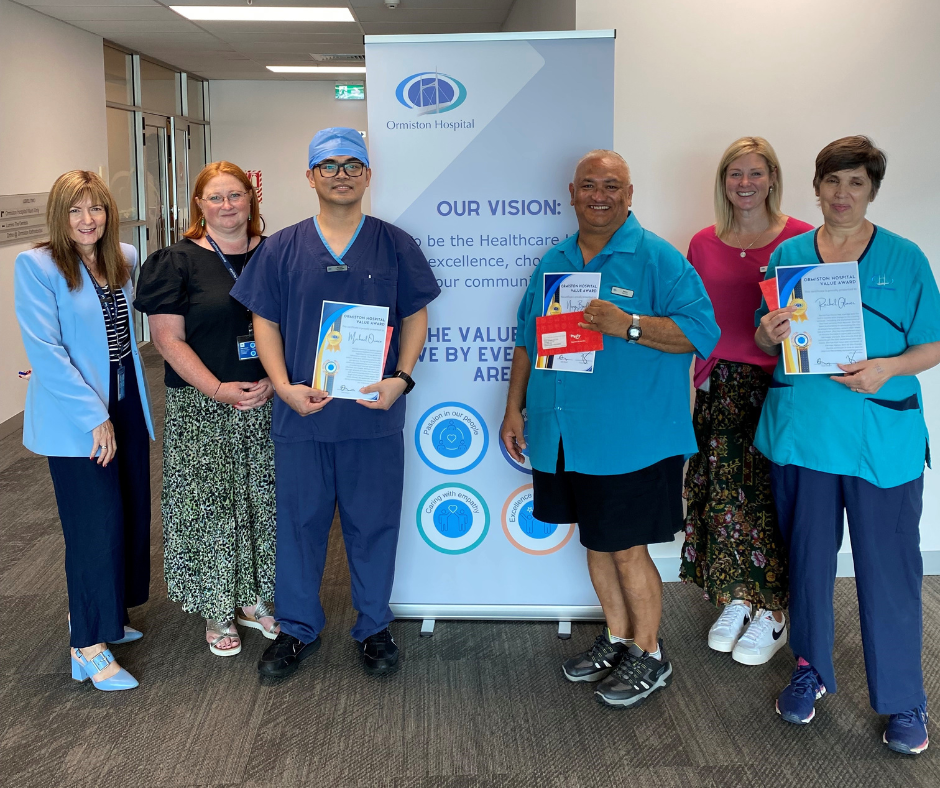The images are shown on a monitor so the endoscopist can direct the movement of the camera. Endoscopy is used to help a doctor diagnose conditions of the digestive tract, remove swallowed objects in the oesophagus (food pipe), remove growths, or take tissue samples (biopsies). At Ormiston Hospital, we also use endoscopy as part of our weight loss programme for the safe insertion of gastric balloons.
An endoscopy is recommended in cases where a person experiences:
- Stomach pain
- Digestive tract bleeding
- Gastritis, stomach ulcers
- Difficulty swallowing
- Polyps in colon (abnormal growths)
- Diarrhoea or chronic constipation
- Routine colon cancer screening
Ormiston Hospital has a dedicated, experienced team of endoscopists who regularly perform endoscopic procedures using the latest equipment and techniques. During your consultation, our specialists will assess your condition and provide expert advice to support you in making informed decisions about your care.
Our range of available procedures include:
Colonoscopy
Colonoscopy is used to examine your entire colon (large intestine). An instrument called a colonoscope, a long flexible tube with a light and camera, is used to view the length of the colon. This procedure is used to look for changes within the colon such as swollen or irritated tissues, polyps or signs of cancer.
Enteroscopy
Enteroscopy is a procedure used to get a closer look at the lining of your small intestine (small bowel). There are several types of enteroscopy, including upper enteroscopy (through your mouth and throat) and lower enteroscopy (through your anus and rectum). The procedure can be used to take tissue samples (biopsies) from the small bowel, seal (cauterize) a bleeding lesion, remove polyps or stretch an abnormally tight area in your bowel.
Upper GI endoscopy/Gastroscopy
Upper endoscopy or upper GI endoscopy is used to examine your upper digestive tract which includes the oesophagus (food pipe), stomach, and the first part of the small intestine (the duodenum). The procedure is used to look for and treat abnormalities in this area of the digestive tract or to take tissue samples (biopsies) for further examination.
Need to know
During your private consultation with one of our gastroenterologists, they may ask a few questions about your medical history and perform a general physical examination. They may also take your blood pressure and ask you about your overall health and any medications you are currently taking. They will explain the benefits and the risks associated with the procedure. They will also give you a detailed insight into how the procedure is performed. If you wish to go ahead, you can work with the admissions team to arrange a date for the procedure.
You may be asked to stop eating or taking fluids for several hours before the procedure. For certain endoscopic procedures, such as colonoscopies and enteroscopies, you may also need to prep/cleanse your bowels the day before the procedure. Your doctor will provide you with instructions on how to do this.
The recovery time depends on the type of procedure you are having. It can take anywhere from 30 minutes to 24 hours, depending on the level of sedation you received.
Endoscopy is a nonsurgical procedure with minimal risks; however, complications can occur. These may include infection or digestive tract bleeding, allergic reactions to sedation, or a tear in the lining of the digestive tract.
Before the procedure, you will be on a moderate sedation that helps you feel relaxed and pain-free. You may also feel the tube moving inside your body slightly. Endoscopy is a safe and painless procedure.
You will spend some time in the endoscopy recovery room after the procedure to sleep off the sedative. You may experience some bloating and nausea after the procedure. Following an upper GI endoscopy, you may have a cough. Due to the sedation that you receive, it is important that you do not drive or operate machinery for 12 hours after the procedure. Your doctor will let you know when you can return to your normal activities.
Specialist Surgeons













